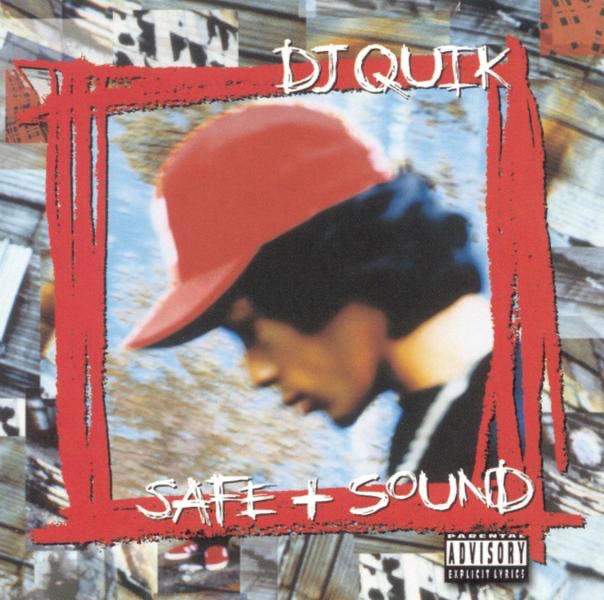Anniversaries: Safe + Sound by DJ Quik
Safe + Sound displayed DJ Quik’s ability to combine catchy hooks with steady craft. Some experiences were framed with humor, while others carried hints of seriousness.
Safe + Sound appeared in a period when G-Funk production had strong popularity. DJ Quik was known for his precise mixing methods and distinctive synthesizer lines. He had ties to Compton's rap community, influencing many of the album's topics. The environment shaped the local narratives about status, camaraderie, and conflict. He did not shy away from addressing neighborhood rivalries and personal grudges. This approach lent the music a sense of authenticity that attracted a broad base. West Coast rap at the time often featured live instruments combined with drum machines and sample-based elements. Quik embraced that style with polished keyboard parts (“Quik’s Groove III”) and thick basslines (“Diggin’ U Out”). His team used bridging sections, comedic skits (“Don’t You Eat It!”), and background vocals to create memorable listening moments. His approach revealed an artist aware of his roots while aiming to expand his musical identity. Many fans gravitated toward the album because it matched the energy of street-level stories with accessible production.
DJ Quik combined live instrumentation with digital tools to shape a distinctive sound, case in point, “Somethin’ 4 tha Mood.” He balanced talkbox effects with songs, including the title track and “Can I Eat It?” with pitched snare hits and layered keyboard lines. This approach gave the album a lively feel that reflected the atmosphere of mid-90s West Coast streets. Quik also introduced comedic bits, such as in “Get at Me” and “Dollaz & Sense,” which featured self-directed humor and pointed banter (hello, MC Eiht). These moments broke up heavier themes, providing space to highlight personal conflicts without dragging the mood. Lyrics addressed conflicts with industry rivals and personal feuds. Quik used frank language to present his perspective on pride, betrayal, and self-defense. He sometimes approached these topics with lighthearted insults but allowed a more thoughtful voice to arise. This tone switch made the record unpredictable in a way that resonated with fans. Quik’s background as a producer and rapper added credibility to both the technical side of the project and the direct messages within the songs.


